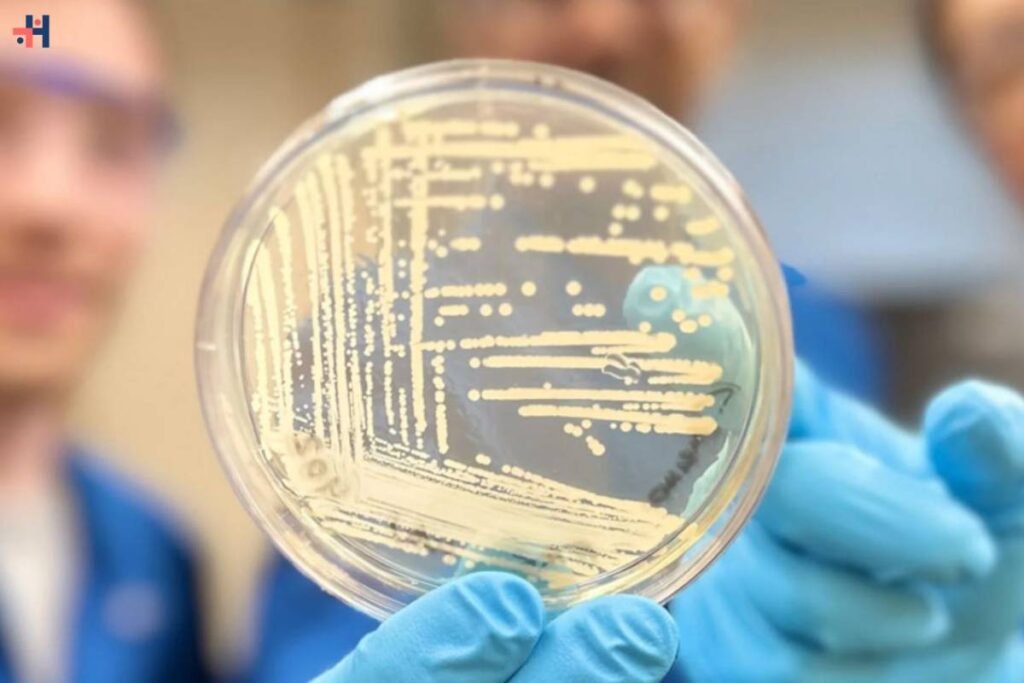Harvard researchers have unveiled a groundbreaking discovery in the fight against antibiotic-resistant bacteria, offering hope in the battle against deadly superbugs that claim the lives of over a million people worldwide annually.
The Promise of Cresomycin
The new synthetic compound, dubbed cresomycin, has demonstrated remarkable efficacy in combating drug-resistant infections, including notorious pathogens like Staphylococcus aureus and Pseudomonas aeruginosa. Developed by a team of experts led by Professor Andrew Myers from Harvard University, cresomycin represents a significant step forward in the quest for novel antibiotics.
Published in the prestigious journal Science, the research highlights cresomycin’s ability to effectively target bacterial ribosomes, essential cellular machinery responsible for protein synthesis. Unlike traditional antibiotics, which may encounter resistance mechanisms employed by superbugs, cresomycin’s unique chemical structure allows it to bind tightly to bacterial ribosomes, thwarting their ability to evade drug action.
Innovative Synthetic Compound Approach
In a departure from conventional semi-synthesis methods, cresomycin is entirely synthetic, featuring chemical modifications that were previously inaccessible. Leveraging the power of organic synthesis, the researchers engineered cresomycin to mimic the shape of its target, enhancing its binding affinity and inhibitory activity against a wide range of pathogenic bacteria.
Accelerated Drug Discovery
The development of cresomycin was facilitated by a novel component-based synthesis approach pioneered by the Myers Research Group. This innovative method enables the rapid construction and screening of hundreds of target molecules, significantly expediting the drug discovery process and offering a potential solution to the growing threat of antibiotic resistance.
Implications for Public Health
While further studies are needed to evaluate cresomycin’s safety and efficacy in humans, preliminary results are promising. The synthetic compound has demonstrated superior inhibitory activity compared to existing antibiotics, underscoring its potential as a vital weapon in the fight against drug-resistant infections.
Supported by funding from Harvard’s Blavatnik Biomedical Accelerator and additional grants from nonprofit organizations, ongoing research by Professor Myers aims to advance the development of oral antibiotics targeting drug-resistant pathogens. These efforts represent a critical step forward in safeguarding public health and preserving the efficacy of antibiotics for future generations.










